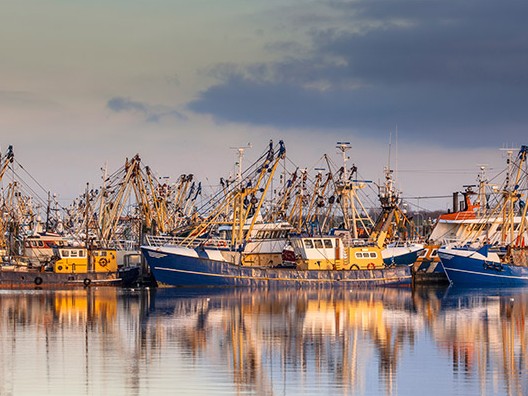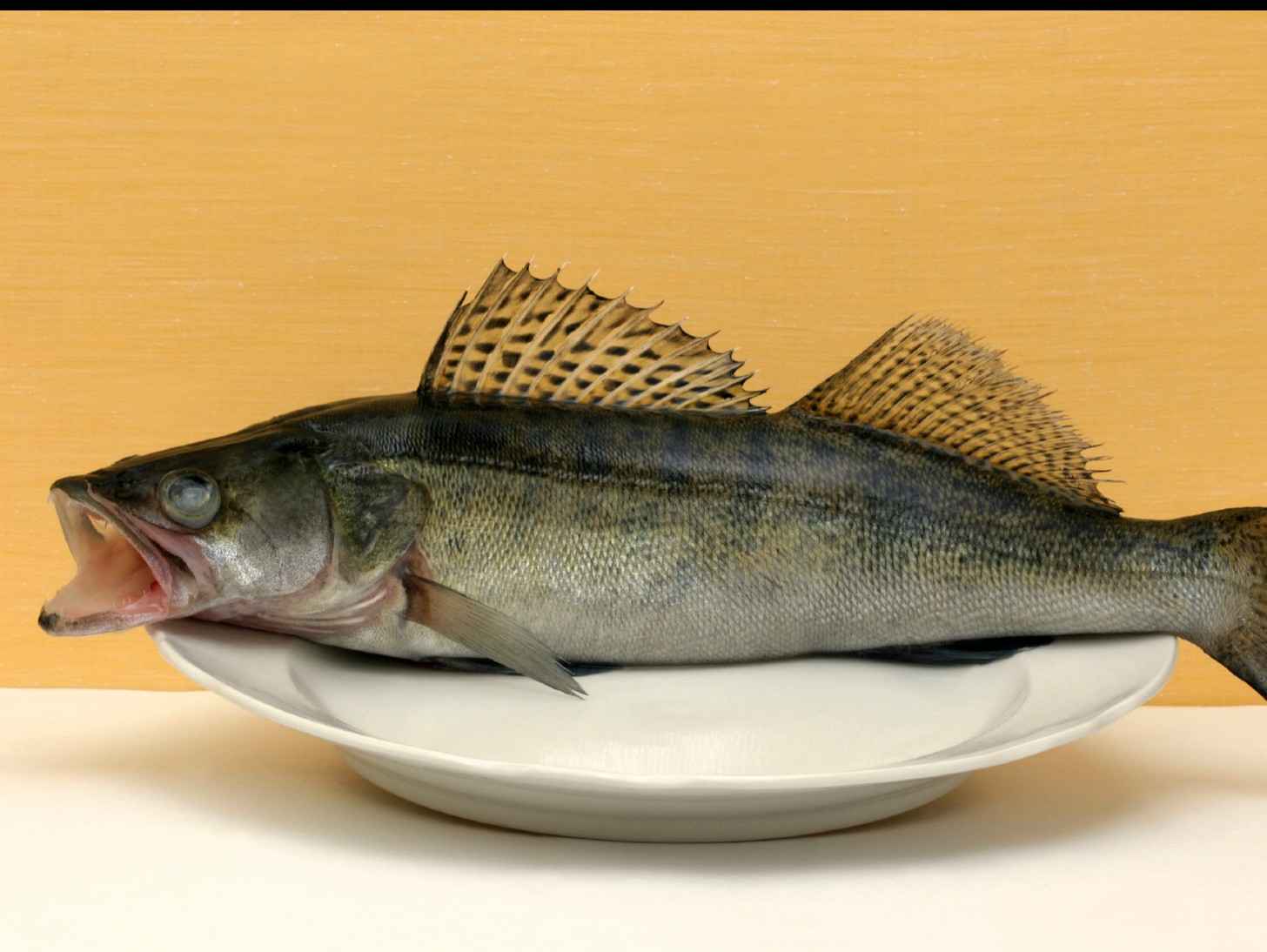
Family-run fresh fish wholesaler Versvishandel Jan van As is celebrating its 65th anniversary this year. This ultra-modern company still maintains an artisanal approach to this day. It is innovative and pioneering yet also down to earth, with respect for traditional values and a clear passion for sustainability.
Versvishandel Jan van As has been supplying top-quality fish to foodservice customers, caterers and retailers for years, and is keen to offer its clients products that are as sustainable as possible. The company’s continual dedication to improving the sustainability of its activities has not gone unnoticed; Versvishandel Jan van As was named the most sustainable business in Amsterdam in 2013.
One example of that focus on sustainability is the Stichting Vis&Seizoen (‘Fish&Season’) foundation, an initiative by Versvishandel Jan van As aimed at offering a ‘Confidently 100% Sustainable’ range of fish. “Vis&Seizoen strives to contribute to preserving and rebuilding the fish stocks,” explains company director Wijgert van As. “The starting point is to stimulate sustainable fishing in the right season. The most important goal of Vis&Seizoen is to attract attention to the optimum seasons in which to catch and eat the various fish species. Public awareness results in higher quality on consumers’ plates and a greater guarantee of the continuity of the species.”
The fishing techniques are one of the most important criteria for Vis&Seizoen. Wherever possible, the fish wholesaler sources fish that has been caught using sustainable methods such as the pulse trawl. Rather than featuring ticklers which can damage the seabed, the pulse trawl uses hoses which emit pulses of electrical current. The voltage level can be adjusted depending on the size of the fish to be caught. This sustainable fishing method has the added benefit of less unwanted catch. “We’re seeing that quality marks such as MSC are also taking an interest in fishing techniques,” says Wijgert. “While embracing such initiatives, we take things a step further with Vis&Seizoen; techniques are essential but fishing in the right season is equally important, if not more so.”
It was necessary to find a way of communicating the optimum seasons to customers. “Initially we published a series of cookery books,” explains Wijgert. “Six books in total, each covering 2 months of the year. Every book contains recipes based on fish of that season. Following on from the cookery books, we launched the Vis&Seizoen website which includes a ‘fishfinder’. This enables customers and anyone else who is interested to find out which type of fish can best be eaten when, how it is caught and whether it can be consumed with a clear conscience.”
‘all the residual products from a fish are processed into new products’
Foodservice customers can become partners of Vis&Seizoen. In addition to being able to use the fishfinder, partners receive tailor-made advice about their ‘seasonal’ menus. Thanks to a handy calendar, they can see at a glance which fish species are currently in season. “The growing group of partners, all of whom genuinely and passionately support and communicate the Vis&Seizoen message, is continually increasing brand awareness among consumers,” comments Wijgert. With more than 150 partners already, including Hilton Nederland, Fifteen and Marqt, and discussions currently underway with another 100 or so restaurants, Vis&Seizoen is an important and effective partner for various stakeholders in sustainable and responsibly caught fish. “It’s great to see that more and more consumers are realising that we have to work together to achieve sustainable fishing!”
‘the fish wholesaler sources fish that has been caught using sustainable methods’
Vis&Seizoen is a good way of doing business sustainably, but as the impassioned director himself says: “There are still many more gains to be made. We launched another new project a couple of years ago: Vis&Innovatie (‘Fish&Innovation’). The idea is very simple: all the residual products from a fish are processed into new products. This has resulted in our range being complemented with delicious salmon schnitzels and a langoustine bisque, for example!”

Sorting and separating paper, cardboard and EPS saves costs and hence has a commercial benefit, but at Versvishandel Jan van As they believe businesses nowadays must do much more if they want to be truly sustainable. That’s why the company is starting a new recycling project in 2015; all the old fish crates will be fully recycled into new packaging. Five years ago, they were the first company of their kind in The Netherlands to install solar panels on two of their delivery vans. The panels provide power for the refrigeration system in the vehicles. The pilot was so successful that the company decided to fit solar panels on all the delivery vans, and the last few vans in the fleet are being equipped early this year. Hence, solar power is being completely recycled into fuel for the refrigeration system. “This not only generates cost savings but also reduces CO2 emissions. Last but not least there’s the actual fish-based waste,” concludes Wijgert. “The animal feed industry can do all sorts of things with that! Plus the fatty acids in the fish make the fur of people’s pets nice and glossy,” he adds with a laugh.
Source: Vis: ©iStock/Viktor Kitaykin; Haven: ©iStock/Rudmer Zwerver